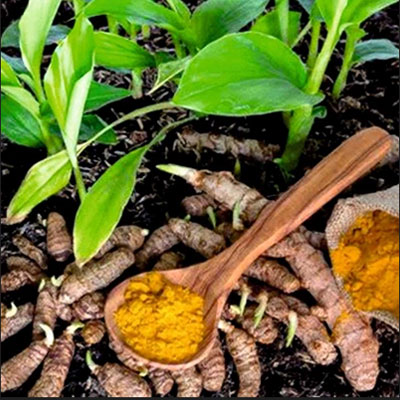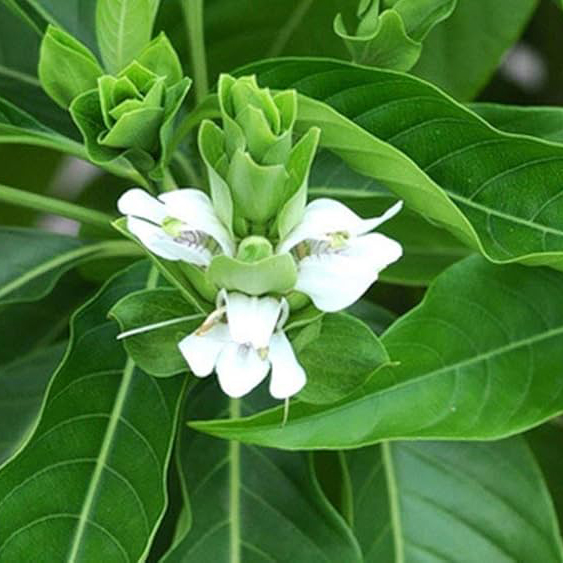Eosinophilia is a condition characterized by an abnormally high number of eosinophils, a type of white blood cell, in the blood or tissues. Eosinophils play a role in the immune system, particularly in fighting parasites and responding to allergens.
Normal Eosinophil Count: 0-500 cells/µL of blood (1-6% of total white blood cells).
Eosinophilia: Eosinophil count exceeds 500 cells/µL, categorized as:
- Mild: 500-1,500 cells/µL.
- Moderate: 1,500-5,000 cells/µL.
- Severe: >5,000 cells/µL.
Causes of Endometriosis
1. Allergic Conditions
- Asthma.
- Hay fever (allergic rhinitis).
- Drug reactions.
2. Parasitic Infections
- Helminths (e.g., roundworms, hookworms).
- Protozoan infections.
3. Autoimmune and Inflammatory Disorders
- Eosinophilic esophagitis.
- Vasculitis (e.g., Churg-Strauss syndrome).
- Rheumatoid arthritis.
4. Infections
- Fungal infections like Aspergillosis.
- Viral infections (e.g., HIV, herpes).
5. Malignancies
- Blood cancers like leukemia and lymphoma.
6. Other Causes
- Skin disorders (eczema, psoriasis).
- Adrenal insufficiency (Addison's disease).
- Idiopathic hyper-eosinophilic syndrome (HES).
Symptoms of Eosinophilia
Often depends on the underlying cause and severity:
Mild Cases:
May be asymptomatic.
Moderate to Severe Cases:
- Fatigue and weakness.
- Unexplained weight loss.
- Fever
- Cough, wheezing, or shortness of breath (if lungs are affected).
- Skin rashes or itching.
- Abdominal pain, diarrhoea, or vomiting (if gastrointestinal tract is involved).
- Muscle and joint pain.
Associated Risks and Complications
- Tissue Damage: High levels of eosinophils can damage tissues, particularly in the lungs, heart, and gastrointestinal tract.
- Hyper-eosinophilic Syndrome (HES): Persistent, severe eosinophilia leading to organ damage.
- Secondary Infections: Due to compromised immunity in severe cases.
- Asthma and Respiratory Issues: Chronic eosinophilia can exacerbate airway inflammation.
Diagnosis of Eosinophilia
1. Blood Tests
- Complete Blood Count (CBC) with differential to measure eosinophil levels.
2. Further Investigations
Based on Suspected Cause
- Parasitic Infections: Stool examination for ova and parasites.
- Allergic Conditions: Allergy tests (e.g., skin prick test).
- Autoimmune Disorders: ANA (antinuclear antibody) test, ESR (erythrocyte sedimentation rate).
- Malignancies: Bone marrow biopsy.
3. Imaging
- X-rays, CT scans, or MRI to detect organ involvement (lungs, gastrointestinal tract).
4. Organ Function Tests
- Liver function tests (LFTs).
- Kidney function tests.
Ayurvedic Interpretation of Eosinophilia
In Ayurveda, eosinophilia can be understood as an imbalance of Kapha and Pitta doshas, resulting in an overactive immune response. It may also be linked to poor digestion (Agni Mandya), leading to toxin accumulation (Ama), which aggravates the immune system and causes hypersensitivity.
- Kapha Dominance: Excessive mucus, respiratory issues, and heaviness.
- Pitta Dominance: Inflammation, skin reactions, and burning sensations.
- Ama Accumulation: Impaired digestion and sluggish immune response.
Panchakarma Therapies
- Vamana (Therapeutic Emesis): To eliminate excess Kapha.
- Virechana (Purgation Therapy): Detoxifies Pitta and improves digestion.
- Nasya (Nasal Therapy): Administering medicated oils to reduce nasal congestion and respiratory symptoms.
Dietary Guidelines
- Avoid: Dairy products, cold foods, fried or processed foods, and heavy-to-digest items that aggravate Kapha.
- Include:
- Warm, light, and freshly prepared meals.
- Spices like ginger, cinnamon, and black pepper to enhance digestion.
- Green leafy vegetables, fruits like apples and pomegranates.
Lifestyle Modifications
- Practice yoga and pranayama (e.g., Anulom-Vilom, Kapalabhati) to improve respiratory health.
- Avoid exposure to allergens or triggers such as dust and smoke.
- Maintain a regular sleep schedule and reduce stress through meditation.
External Applications
- Turmeric and Neem Paste: For skin rashes or itching.
- Steam Inhalation: Using eucalyptus or tulsi oil to relieve nasal congestion.
Internal Herbal Medicines
Haridra (Turmeric)
Anti-inflammatory and immune-modulating properties.
Tulsi (Holy Basil)
Reduces respiratory symptoms and allergic reactions.
Vasa (Adhatoda vasica)
Effective for respiratory tract inflammation.
Guduchi (Tinospora cordifolia)
Boosts immunity and reduces Pitta.
Ashwagandha (Withania somnifera)
Adaptogen and general tonic.








